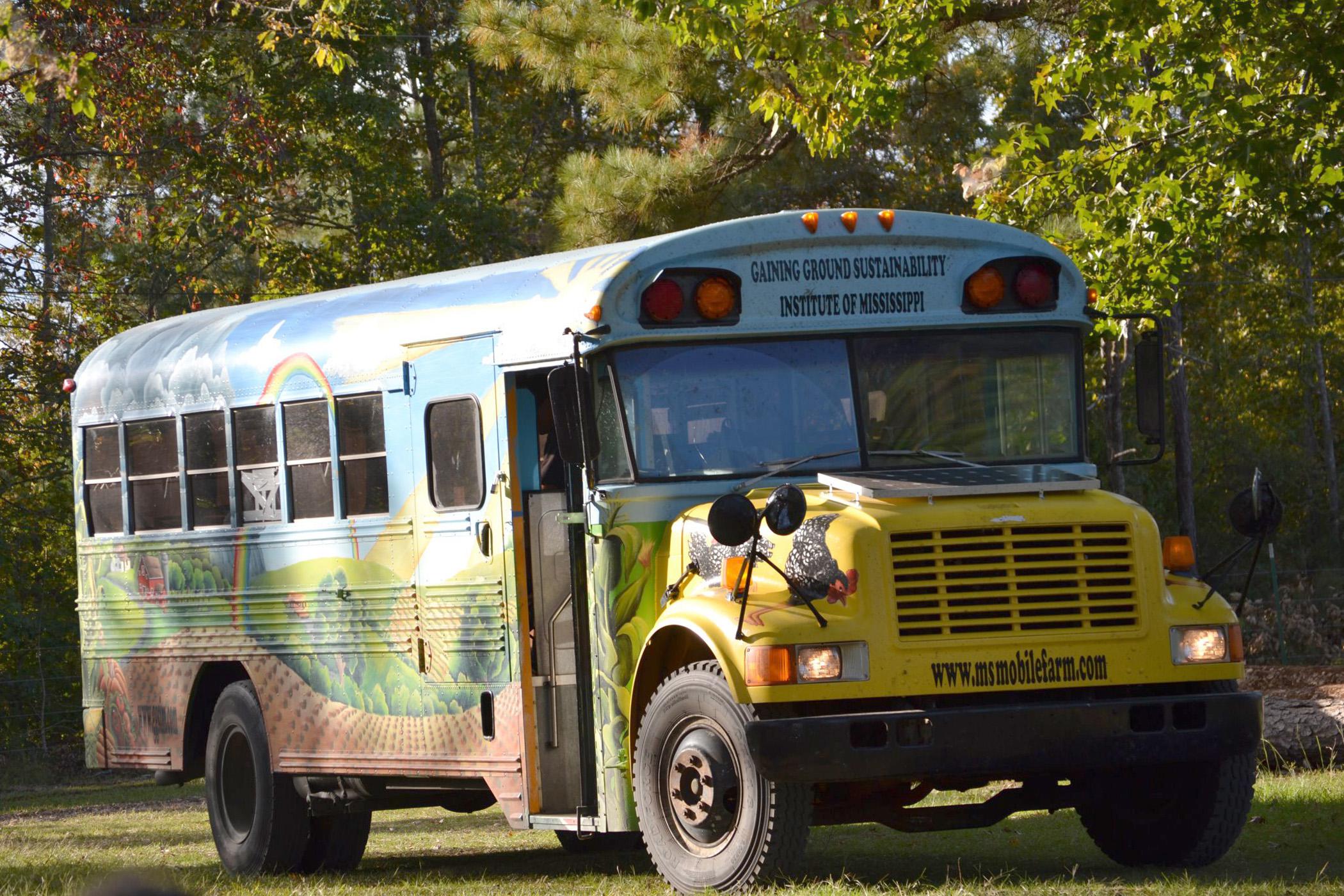Information Possibly Outdated
The information presented on this page was originally released on August 23, 2012. It may not be outdated, but please search our site for more current information. If you plan to quote or reference this information in a publication, please check with the Extension specialist or author before proceeding.
Consumers seek local foods, healthier living
By Kaitlyn Byrne
MSU Ag Communications
STARKVILLE – A growing number of Mississippians are interested in how their food gets from the farm to the table and are looking for local fruits, vegetables and meat.
Ali Fratesi, a graduate student in Mississippi State University’s Department of Food Science, Nutrition and Health Promotion, said more people are choosing locally grown food. When they do, they can ask farmers how it was grown or raised.
“If we want a more secure food system that increases the health of the environment and our community, we will eat local food from local farmers who use environmentally friendly practices,” Fratesi said.
Fratesi is a partner in Beaverdam Farms in Indianola, where she helps raise pasture-grazed livestock and a variety of vegetables using environment-enhancing farming practices, such as rotational grazing, cover crops and crop rotations. She believes these growing methods can reduce food-borne illnesses, health care costs and the environmental impacts of farming.
“We also use our farm as a place to educate our community through workshops, internships and tours,” she said. “It’s so important to provide the information people need to make environmentally beneficial decisions.”
One way Mississippians can access locally grown products is through the Gaining Ground Sustainability Institute of Mississippi, commonly called Gaining Ground.
Alison Buehler, cofounder of Gaining Ground, said the institute strives to create a healthier future for Mississippians by providing examples of sustainable living and sharing resources, experiences and educational opportunities.
“Returning to local food, energy, transportation and shared natural resources is our goal,” she said. “We believe Mississippians have the ability to meet the coming challenges through personal choice and change.”
Locally grown food is sustainable because it decreases the need for fossil fuels used to transport the food. Some local produce is grown using organic methods.
“We have seen an increase in demand for local and sustainably produced products in the last three years in Mississippi,” Buehler said. “There are now 85 farmers’ markets in the state, whereas five years ago, there were fewer than 10.”
Buehler said there is a greater demand for healthy, local food than current production can supply. Several farmers have waiting lists of more than 20 families who want to purchase their produce.
This increased demand has captured the attention of grocery store chains. Some stores now include a section for local farmers’ produce, Buehler said.
Buehler said that buying locally benefits Mississippi’s economy. For every $100 spent at a national chain, $10 stays in the community. By contrast, for every $100 spent at a local business, $75 stays in the community.
“Not only does buying direct from farmers promote environmental sustainability by decreasing our dependence on non-renewable resources, it promotes economic sustainability for our state,” she said.
Some Starkville members of Gaining Ground buy grass-fed cattle by the share from a cattleman in West Point, pasture-raised chickens from the Delta, and fruits and vegetables from the Starkville Community Market and local growers.
Johnny Wray, president of Gaining Ground, said sustainability is an issue that impacts everyone.
“I’m discovering more and more people are interested in a sustainable lifestyle, whether it’s through growing their own food, purchasing local produce, conserving energy or eliminating products containing harsh chemicals,” he said. “Living sustainably matters.”




